Ever thought your houseplants might be doing more harm than good? Well, buckle up, because recent research and expert insights suggest that some of our favorite bedroom greenery could be silently messing with our indoor air quality. From Peace Lilies to Rubber Plants, that lush, Insta-worthy jungle vibe might be hiding a few dirty secrets—literally. Houseplants are usually praised as natural air purifiers. And while that’s partly true, some common species might be throwing off humidity levels, harboring mold, or even emitting allergens and volatile compounds. Let’s break down the nine plants experts say could be silently polluting your bedroom air and what to do about it.
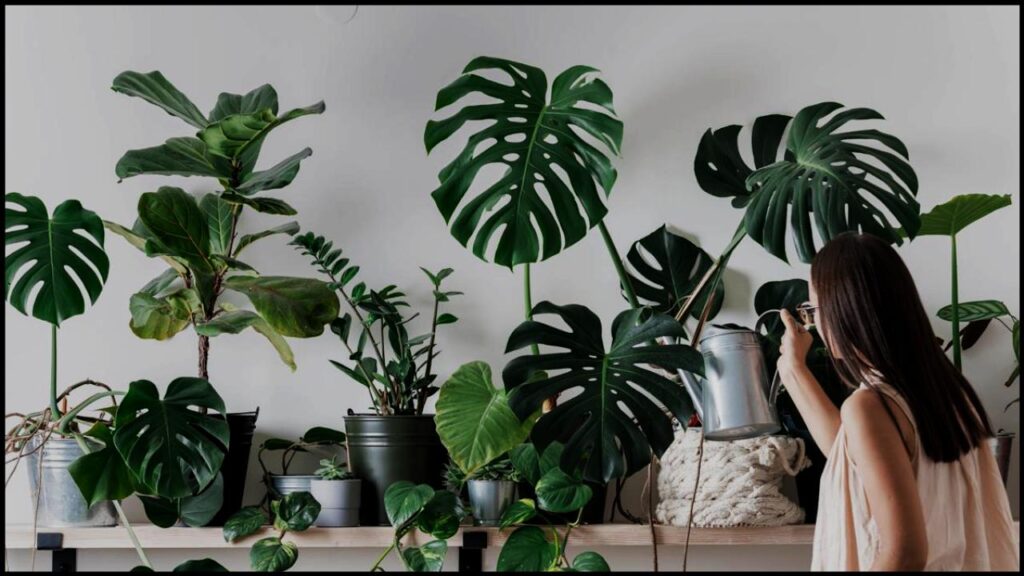
While houseplants can look amazing and even help with air quality, they need smart care. Bedroom favorites like Peace Lilies, English Ivy, and Rubber Plants could harm air quality if not maintained right. Keep your space healthy with smart choices, good airflow, and a few trusted green friends.
Why These Plants Are a Problem in the Bedroom
1. Peace Lily (Spathiphyllum)
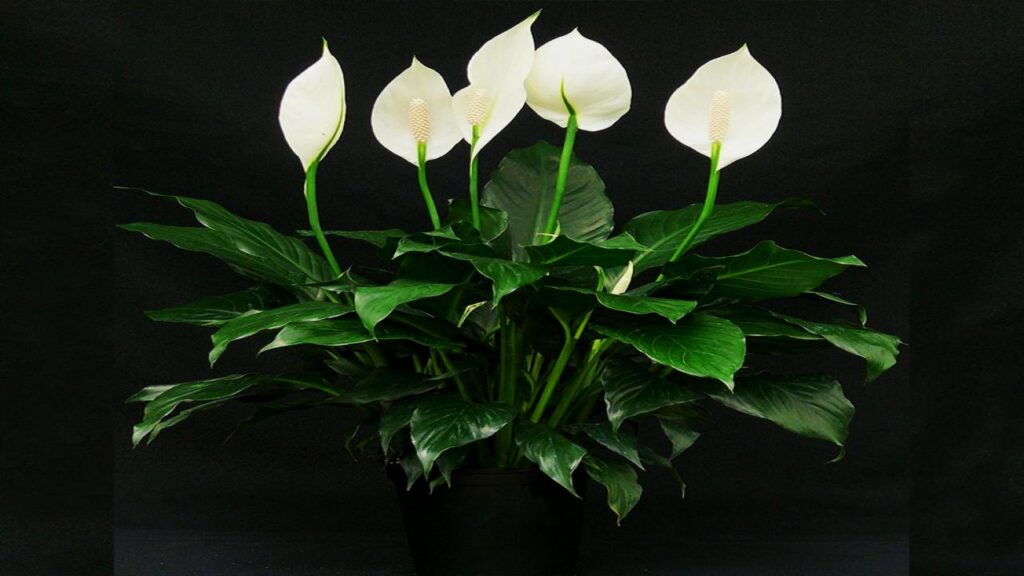
Sure, they’re great at removing formaldehyde and benzene—but they also trap moisture. In a poorly ventilated room, that humidity invites mold, and they’re toxic to both cats and dogs.
2. Boston Fern (Nephrolepis exaltata)
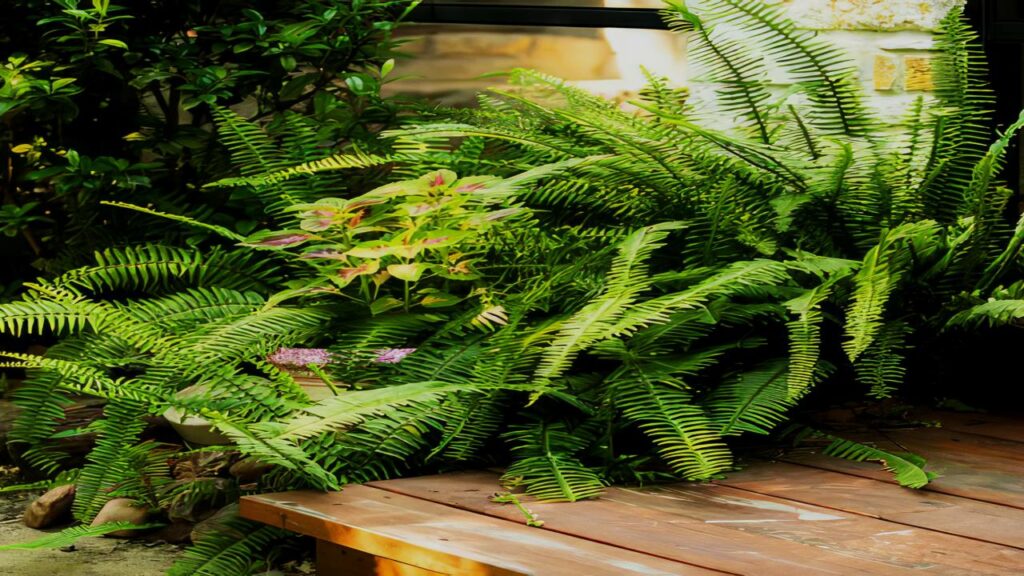
Boston ferns need near-tropical levels of humidity. If your bedroom’s dry, it’ll struggle. If it’s humid, mold becomes a problem—especially if it’s near fabric or walls.
3. English Ivy (Hedera helix)
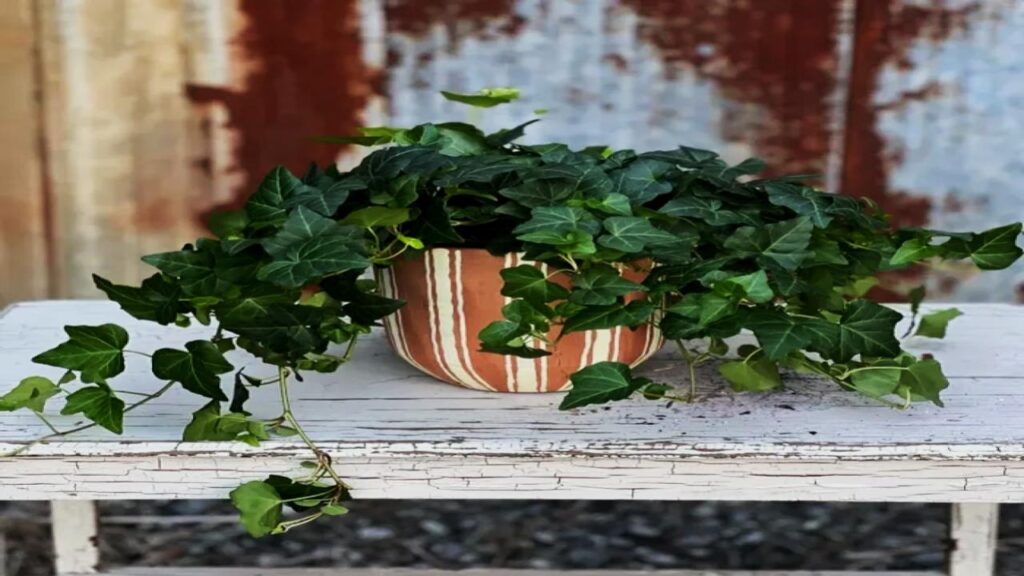
English ivy is prone to moldy soil and mildew on leaves. If you don’t prune and ventilate, it could harm your indoor air.
4. Ficus (Ficus benjamina)
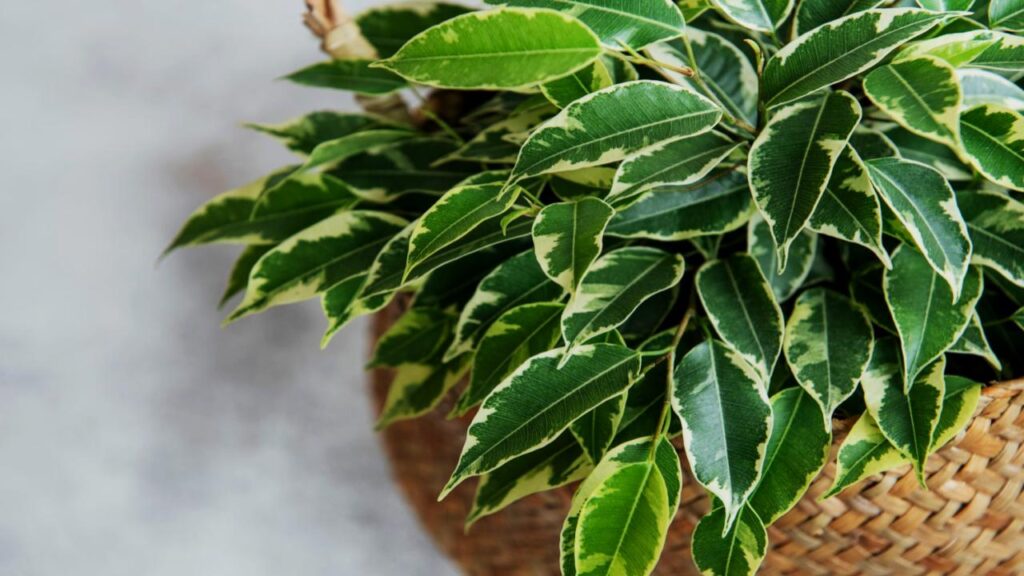
It can trigger allergies in people sensitive to latex. That glossy look hides its irritant potential.
5. Golden Pothos (Epipremnum aureum)
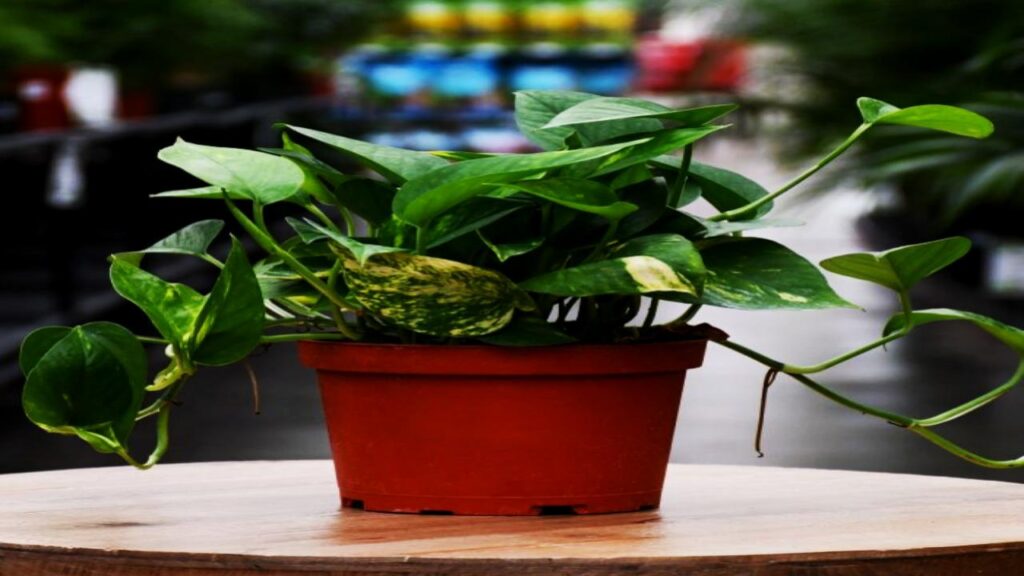
Pothos can grow moldy fast when overwatered. It’s toxic to pets and may release VOCs if stressed.
6. Dracaena Species
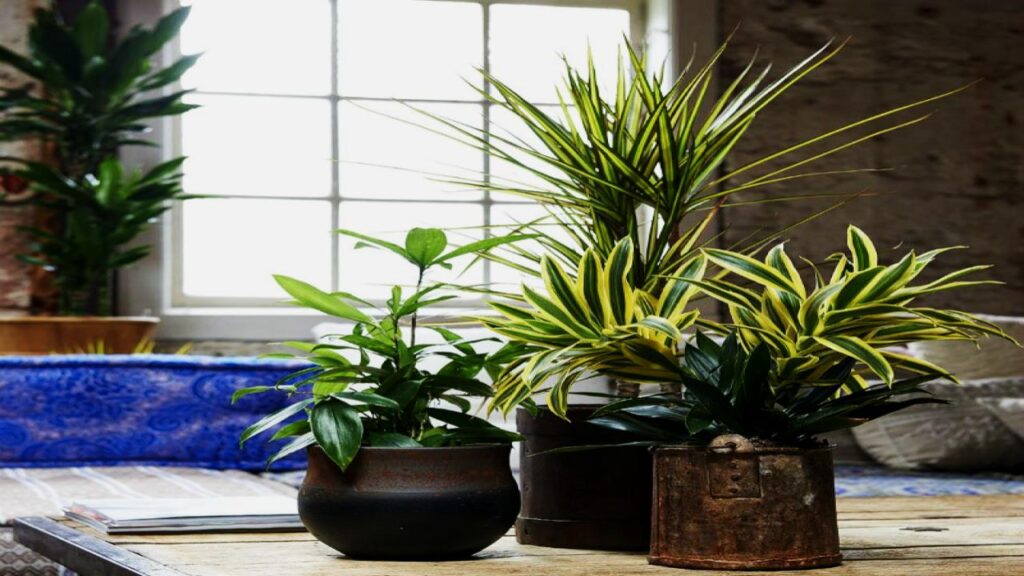
They can emit volatile organic compounds (VOCs) when under environmental stress.
7. Aloe Vera
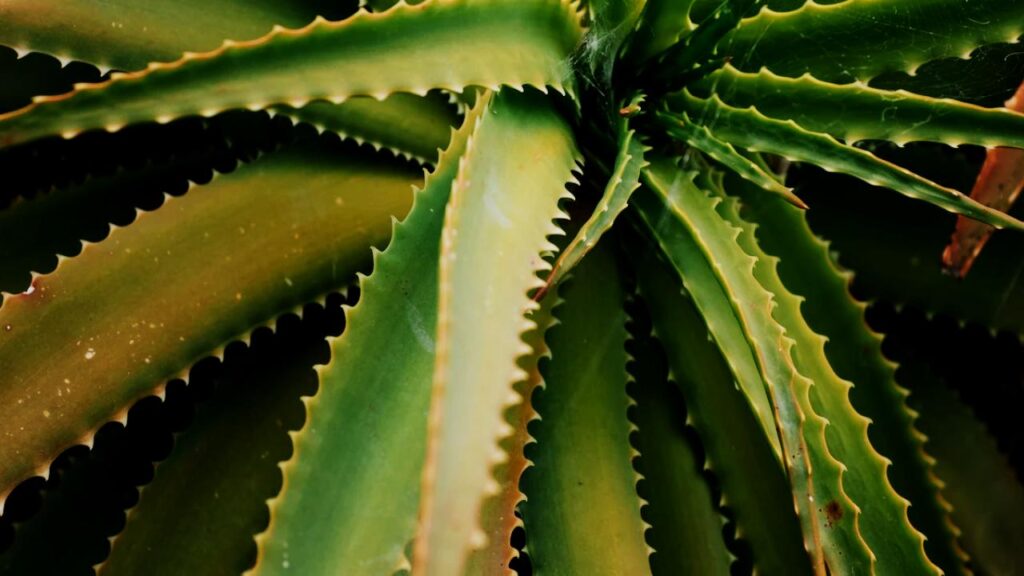
Mold develops easily if you overwater. Soil needs to dry between waterings.
8. Areca Palm (Dypsis lutescens)
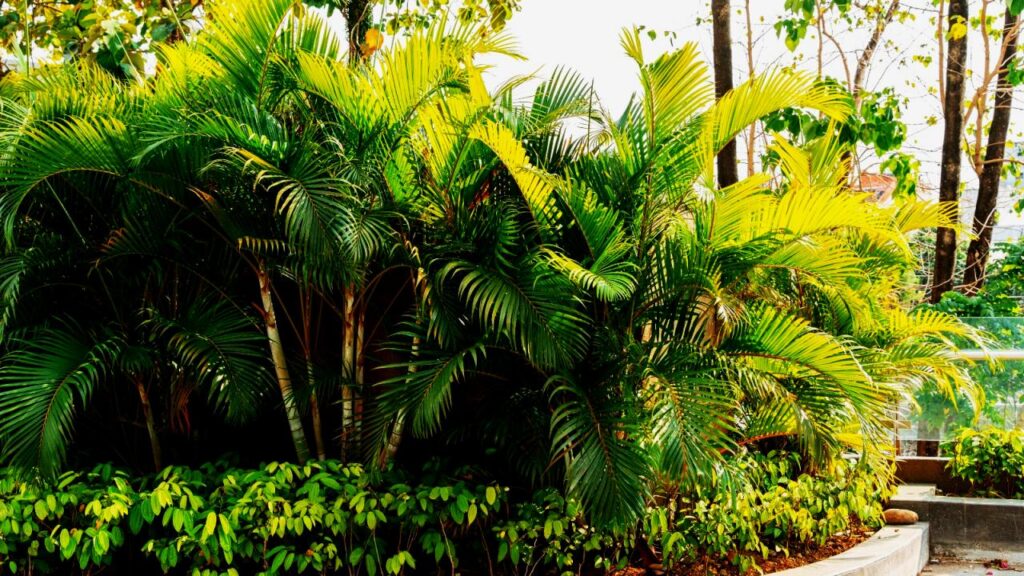
It loves humidity. Without airflow, extra moisture can cause mold.
9. Rubber Plant (Ficus elastica)
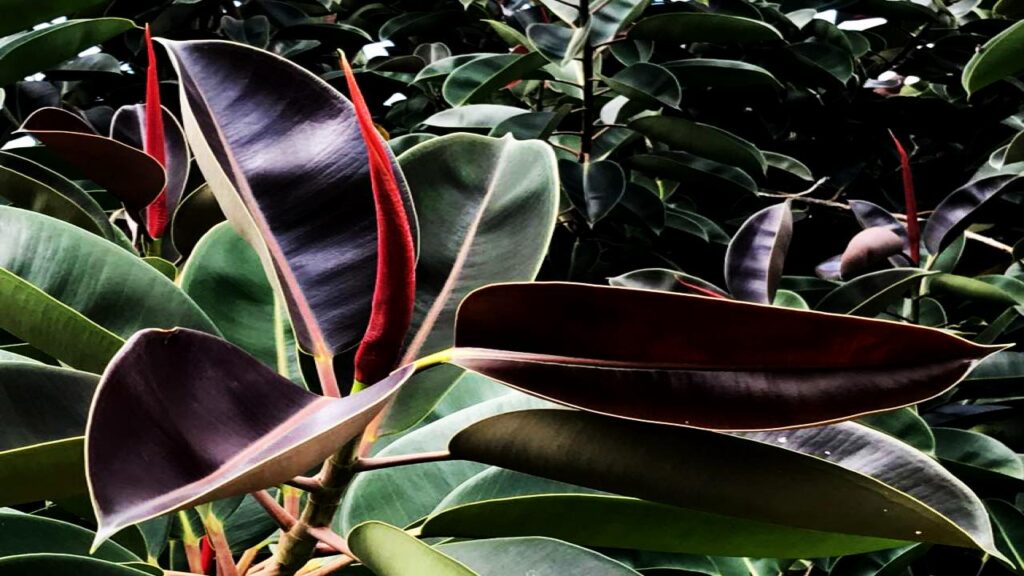
It’s not good for people with latex allergies. Also collects dust and may harbor mold.
Health Concerns Backed by Science
According to the EPA, indoor air can be up to five times more polluted than outdoor air, especially in rooms without ventilation. While houseplants can remove some pollutants, improper care turns them into pollution sources.
Mold spores, volatile organic compounds (VOCs), and allergens from leaves and soil can affect:
- Sleep quality
- Respiratory health
- Pet safety
People with asthma or allergies need to be cautious. Kids are also more vulnerable to these irritants.
How to Fix It Without Ditching Your Plants
Keep Only a Few Plants in Bedrooms
Two or three well-maintained plants are fine. Don’t overcrowd your space.
Upgrade Your Ventilation
Open windows when possible. Consider using an air purifier with a HEPA filter.
Use the Right Soil & Pot
Choose fast-draining soil and pots with drainage holes. Avoid decorative covers that trap moisture.
Water With Caution
Let soil dry out between watering unless the species requires consistent moisture.
Clean Leaves Weekly
Dust and allergens collect on leaves. Wipe them with a damp cloth and inspect for pests.
Choose Daytime Photosynthesis Plants
Some plants like the snake plant and orchids release oxygen at night—great for bedrooms.
Go for Safe Alternatives
Try:
- Spider Plant (pet-safe, low risk)
- Snake Plant (hardy and low VOCs)
- ZZ Plant (tough but not pet-safe)
What Experts Recommend
The American Lung Association advises reducing items in bedrooms that could hurt air quality—including overly damp plants, candles, and sprays. If you have asthma or other health issues, consult a doctor or air-quality specialist.
Botanists and indoor gardening experts agree: “One or two well-chosen, well-maintained plants can boost ambiance and health—but overdoing it, especially with high-maintenance species, can backfire.”
Pro Tip: Trust but Verify
A plant labeled “air-purifying” isn’t automatically safe. Research it, read reviews, and balance style with safety.
